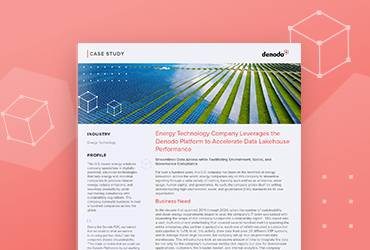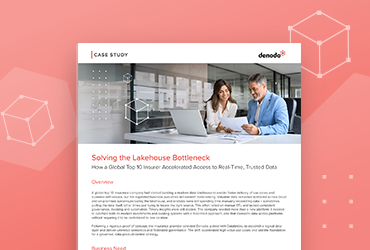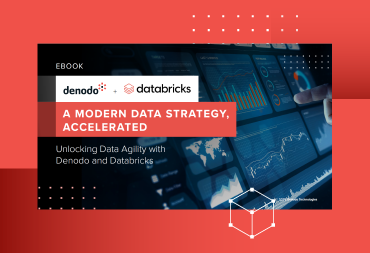What Is Lakehouse Optimization?
Lakehouse optimization refers to the process of enhancing the performance, efficiency, and cost-effectiveness of a data lakehouse. This involves optimizing data storage, query execution, and resource allocation in a data lakehouse so that data is accessible, usable, and affordable for a variety of analytical and machine learning workloads.
Key Aspects of Lakehouse Optimization
Key aspects of lakehouse optimization include:
Data Storage Optimization:
- Data Formats: Choosing appropriate data formats like Parquet, Delta Lake, or Iceberg for data storage and analysis based on their compression, query efficiency, and transaction capabilities
- File Size: Optimizing file sizes to minimize the overhead of reading and processing data, especially for small files
- Data Compression: Using effective compression algorithms to reduce storage costs without sacrificing query speed
- Data Partitioning: Dividing data into logical partitions to enable faster, more efficient data retrieval
Query Optimization:
- Query Tuning: Adjusting query parameters and execution plans to improve query performance
- Index Optimization: Using indexes to speed up data retrieval for specific queries
- Metadata Management: Keeping metadata up-to-date and optimized for efficient data discovery and query execution
Resource Allocation and Cost Optimization:
- Resource Scaling: Dynamically allocating and releasing resources to match workload demands and optimize costs
- Cost Monitoring: Monitoring resource usage and costs to identify areas for optimization
- Auto-Scaling: Implementing auto-scaling to automatically adjust resources based on workload needs
Data Governance and Security:
- Metadata Management: Maintaining accurate, consistent metadata for data governance and security
- Access Control: Implementing appropriate access controls to protect sensitive data
Why Is Lakehouse Optimization Important?
The promise of a data lakehouse lies in its ability to support diverse analytical workloads on a single, governed data repository. However, achieving this potential requires careful optimization. Without proper optimization, organizations may face challenges such as slow query performance, high operational costs, and difficulties in managing data quality and governance, potentially leading to regulatory compliance issues, organization-wide SLAs not being met, or reduced ROI on the data lakehouse investment.
In essence, lakehouse optimization is crucial for realizing the full benefits of a data lakehouse, enabling organizations to effectively leverage their data for informed decision-making and advanced analytics.
Benefits of Lakehouse Optimization
- Improved Performance: Faster query execution and data processing times
- Reduced Costs: Optimized storage and resource utilization leading to lower expenses
- Enhanced Data Governance: Better data quality, consistency, and security
- Scalability: Ability to handle large datasets and complex workloads efficiently
- Flexibility: Supports a wide range of analytics and machine learning workloads







